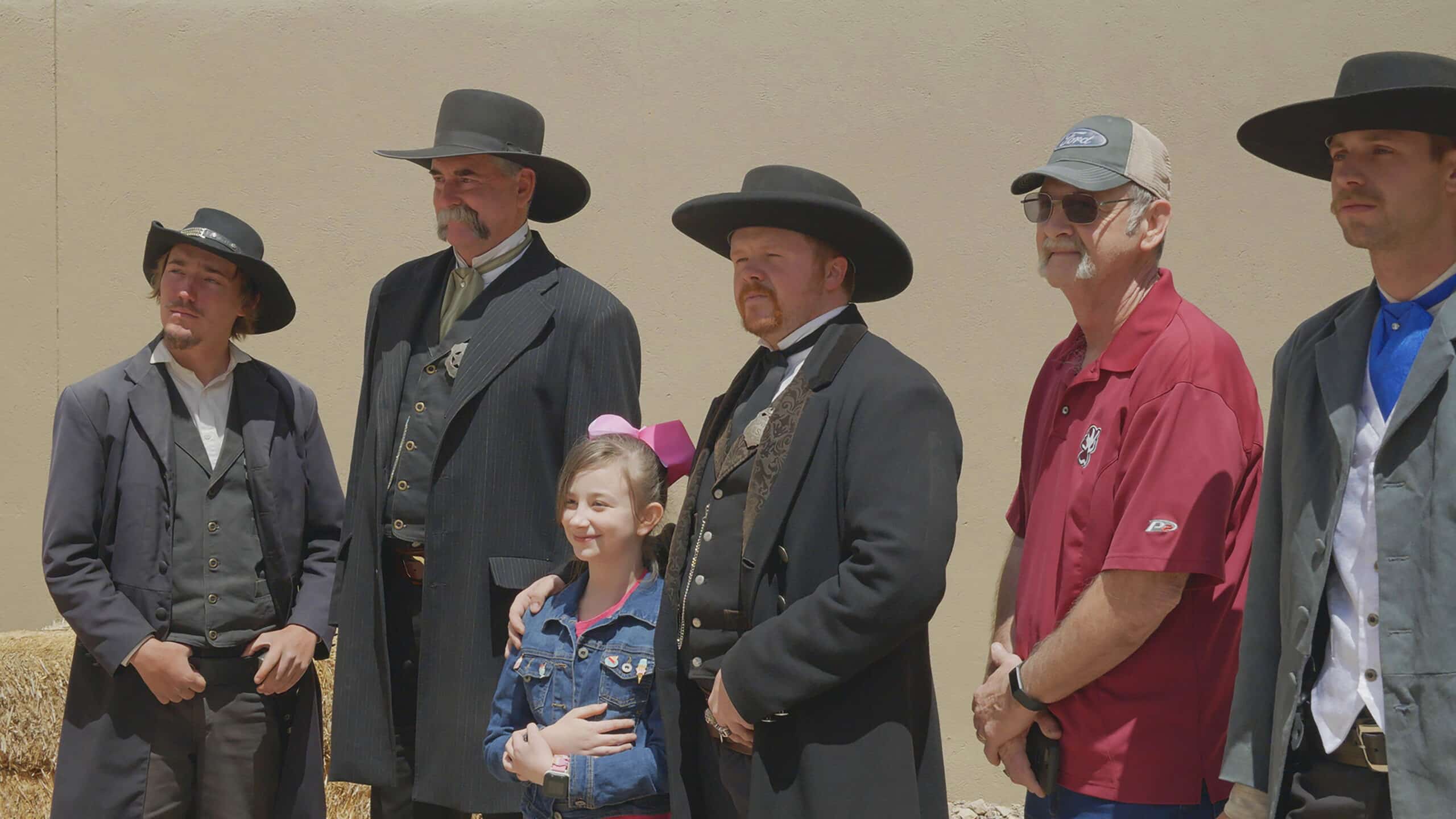




Dir: Alexander Horwath | Documentary 186′
What Henry Fonda For President is most definitely not is a documentary on the level of a Blu Ray extra which is what most documentaries that look at iconic figures resemble these days and are devoid of ambition or intellect; two things that this film has in spades – written and directed by Alexander Horwath – who is a writer, curator and film historian.
Horwath has had a long career in the trenches as what Werner Herzog would describe as a ‘true soldier’ of cinema. In his career he has been the director of the Viennale (1992-97) and the Austrian Film Museum (2002-17). He also curated the documenta 12 film program (2007) and many other projects in the film and art world. His essays and books have, among other topics, addressed subjects such as Josef von Sternberg, Ruth Beckermann, Guy Debord and Austrian avant-garde cinema.
With this, his debut film which premiered in the Forum Section of the Berinale, he has stepped out from the dusty confines of academia and bravely put his head above the parapet and opened up to eventual brickbats by the deluded and most deserved acclaim for a near unique piece of cinema.
The film may be titled Henry Fonda For President, but it is as much about Fonda as it is about the American century. America is the force field of the film and is always waiting to be rediscovered. That means – of course – the cinema, the place where we can experience what Nathaniel Hawthorne once noted, American is something of “a country in the shape of a church”. That is one of the notions of the US State that Howarth returns to again and again: religion and its place in a country that has very high opinions of itself and thinks it is the exception to every rule.
A monument resembling a cathedral to the American century through the prism of a decent man, perhaps the man who when seen and experienced most would want to be. The film starts with his polar opposite and the single figure the film juxtaposes him against: Ronald Reagan. Not Reagan the actor but Reagan the politician and company man for US corporations and hyper capitalism.
The film then jumps to the 17th century and by virtue of Fonda’s particular family history: the early migration of the Fondas from Holland to America, later from the East to the Midwest, and from there to New York City and California. As well as the director’s voice-over he relies on the last interview Fonda gave to Lawrence Grobel in 1981, before he died a year later. In these interviews we come across a man being brutally honest, not so much about cinema but of the men taking America down a path that has led to Trump and the near death of American democracy: Ronald Reagan and Richard Nixon.
The film’s formalism has a twin in Steve McQueen’s Occupied City, in the sense that they both look at contemporary space in a manner of a psychogeographer. We are taken time and again from places that appear in Fonda’s films then and now, whether Drums Along The Mohawk, Grapes of Wrath and My Darling Clementine. Other than his own films, though, the filmmaker – as you would expect – is more interested in philosophers, whether Paine, Thoreau, Tocqueville, Emerson and Fuller.
Bertold Brecht once said,”Unhappy the land that is in need of heroes”, that is what stayed with me after over three hours sitting with this epic piece of work. Both then and more importantly the present. @d_w_mault
BERLINALE FILM FESTIVAL | FORUM 2024